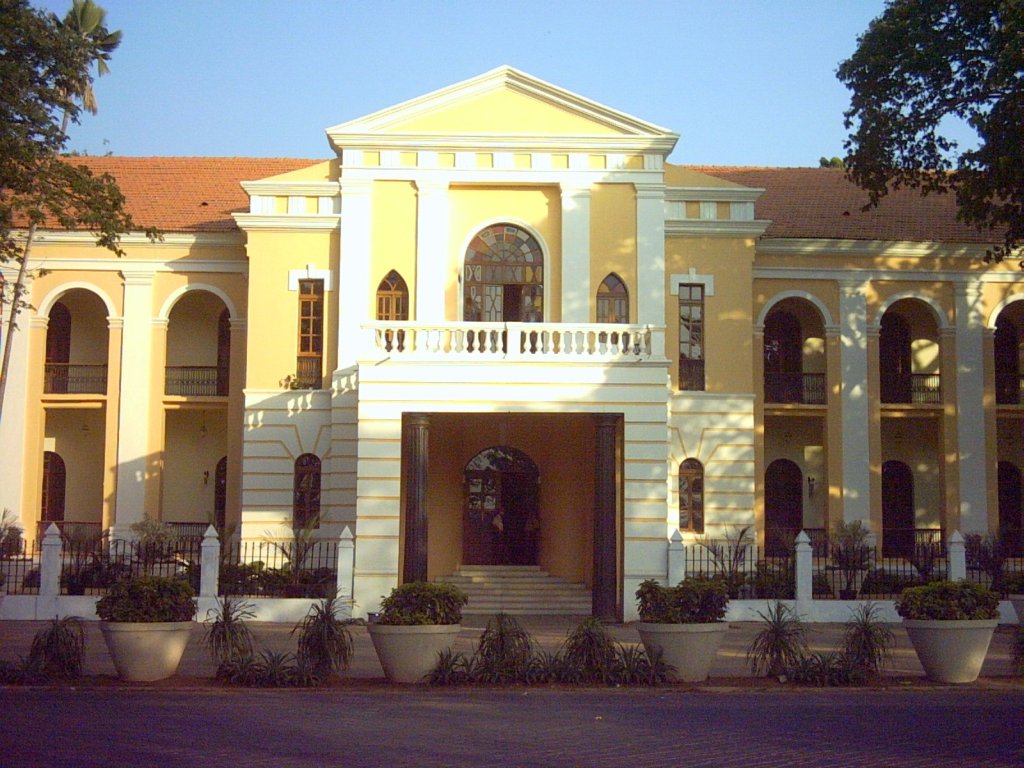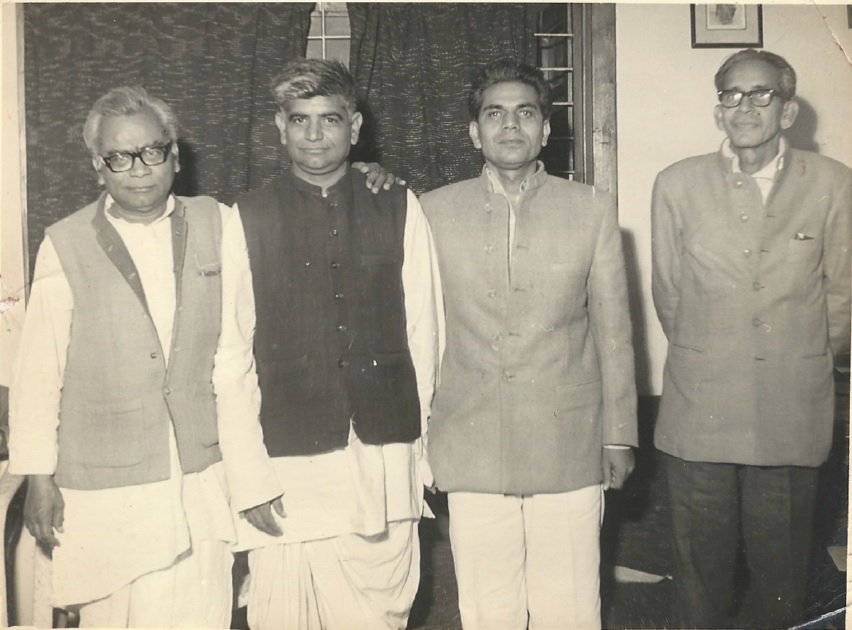|
18th June Road
18th June Road is one of the busiest streets in Panaji, Goa, India. It is located in the heart of the city, and is a major shopping destination for the tourist folks. Major businesses and restaurants line the street. The street is named after the day in 1946 on which Ram Manohar Lohia Ram Manohar Lohia ( 23 March 1910 – 12 October 1967) was an Indian political activist of the Indian independence movement and a socialist politician. As a nationalist, he worked actively to protest against colonialism, raising awareness of th ... had called a meeting to put an end to the Portuguese rule in India. History The street is named after the day in 1946 on which Ram Manohar Lohia had called a meeting to put an end to the Portuguese rule in India. References Geography of Panaji Streets in India {{India-road-stub ... [...More Info...] [...Related Items...] OR: [Wikipedia] [Google] [Baidu] |
Panaji
Panaji (; , , )also known as Panjim, is the capital of the Indian state of Goa and the headquarters of North Goa district. Previously, it was the territorial capital of the former Portuguese India. It lies on the banks of the Mandovi river estuary in the Tiswadi sub-district (''taluka''). With a population of 114,759 in the metropolitan area, Panaji is Goa's largest urban agglomeration, ahead of Margao and Mormugao. Panaji has terraced hills, concrete buildings with balconies and red-tiled roofs, churches, and a riverside promenade. There are avenues lined with gulmohar, acacia and other trees. The baroque Our Lady of the Immaculate Conception Church, Goa, Our Lady of the Immaculate Conception Church is located overlooking the main square known as Praça da Igreja. Panaji has been selected as one of a hundred Indian cities to be developed as a smart city under the Smart Cities Mission. Panaji's HDI is almost around 0.90, and is considered to be the best amongst other major Indi ... [...More Info...] [...Related Items...] OR: [Wikipedia] [Google] [Baidu] |
India
India, officially the Republic of India, is a country in South Asia. It is the List of countries and dependencies by area, seventh-largest country by area; the List of countries by population (United Nations), most populous country since 2023; and, since its independence in 1947, the world's most populous democracy. Bounded by the Indian Ocean on the south, the Arabian Sea on the southwest, and the Bay of Bengal on the southeast, it shares land borders with Pakistan to the west; China, Nepal, and Bhutan to the north; and Bangladesh and Myanmar to the east. In the Indian Ocean, India is near Sri Lanka and the Maldives; its Andaman and Nicobar Islands share a maritime border with Thailand, Myanmar, and Indonesia. Modern humans arrived on the Indian subcontinent from Africa no later than 55,000 years ago., "Y-Chromosome and Mt-DNA data support the colonization of South Asia by modern humans originating in Africa. ... Coalescence dates for most non-European populations averag ... [...More Info...] [...Related Items...] OR: [Wikipedia] [Google] [Baidu] |
Ram Manohar Lohia
Ram Manohar Lohia ( 23 March 1910 – 12 October 1967) was an Indian political activist of the Indian independence movement and a socialist politician. As a nationalist, he worked actively to protest against colonialism, raising awareness of the same. He founded multiple socialist political parties and later won elections to the Lok Sabha. Early life Ram Manohar Lohia was born on 23 March 1910 in a Marwari people, Marwari Bania (caste), Bania family at Akbarpur, Ambedkar Nagar, Akbarpur in modern-day Uttar Pradesh. In 1912, when he was only two years old, his mother died. He was then raised by his father, Hiralal, who never remarried. In 1918, he moved with his father to Bombay, and then completed his high school education there. After securing the first position in his school at the matriculation examination, he completed his intermediate studies from the Banaras Hindu University in 1927. In 1929, he completed his Bachelor of Arts from the Vidyasagar College, under the Unive ... [...More Info...] [...Related Items...] OR: [Wikipedia] [Google] [Baidu] |
Portuguese Rule In India
The State of India, also known as the Portuguese State of India or Portuguese India, was a state of the Portuguese Empire founded seven years after the discovery of the sea route to the Indian subcontinent by Vasco da Gama, a subject of the Kingdom of Portugal. The capital of Portuguese India served as the governing centre of a string of military forts and maritime ports scattered along the coasts of the Indian Ocean. The first viceroy Francisco de Almeida established his base of operations at Fort Manuel in the Malabar region, after the Kingdom of Cochin negotiated to become a protectorate of Portugal in 1505. With the Portuguese conquest of Goa from the Bijapur Sultanate in 1510, Goa became the major anchorage for the Armadas arriving in India. The capital of the viceroyalty was transferred from Cochin to Goa in 1530. From 1535, Mumbai (Bombay) was a harbour of Portuguese India, known as '' Bom Bahia'', until it was handed over, through the dowry of Catherine de Bragan ... [...More Info...] [...Related Items...] OR: [Wikipedia] [Google] [Baidu] |
Geography Of Panaji
Geography (from Ancient Greek ; combining 'Earth' and 'write', literally 'Earth writing') is the study of the lands, features, inhabitants, and phenomena of Earth. Geography is an all-encompassing discipline that seeks an understanding of Earth and its human and natural complexities—not merely where objects are, but also how they have changed and come to be. While geography is specific to Earth, many concepts can be applied more broadly to other celestial bodies in the field of planetary science. Geography has been called "a bridge between natural science and social science disciplines." Origins of many of the concepts in geography can be traced to Greek Eratosthenes of Cyrene, who may have coined the term "geographia" (). The first recorded use of the word γεωγραφία was as the title of a book by Greek scholar Claudius Ptolemy (100 – 170 AD). This work created the so-called "Ptolemaic tradition" of geography, which included "Ptolemaic cartographic theory." ... [...More Info...] [...Related Items...] OR: [Wikipedia] [Google] [Baidu] |



